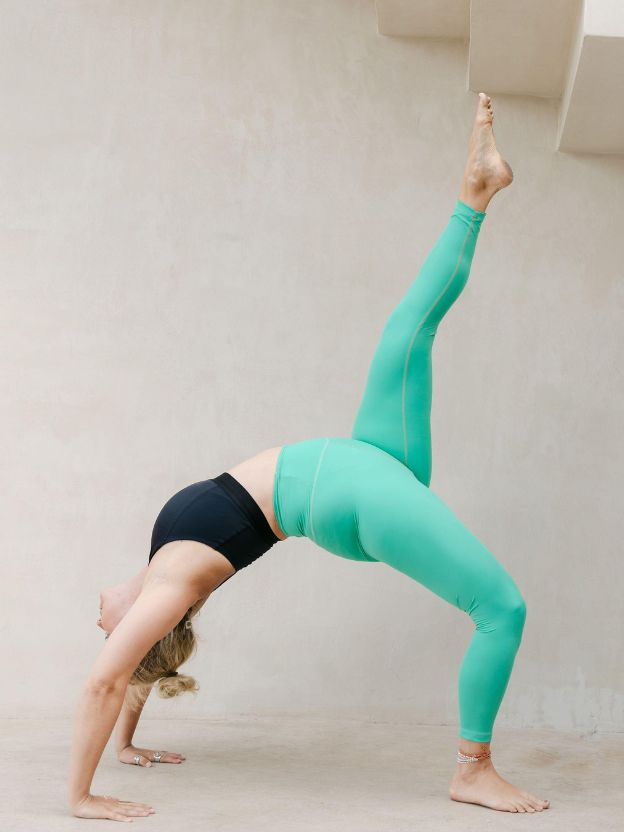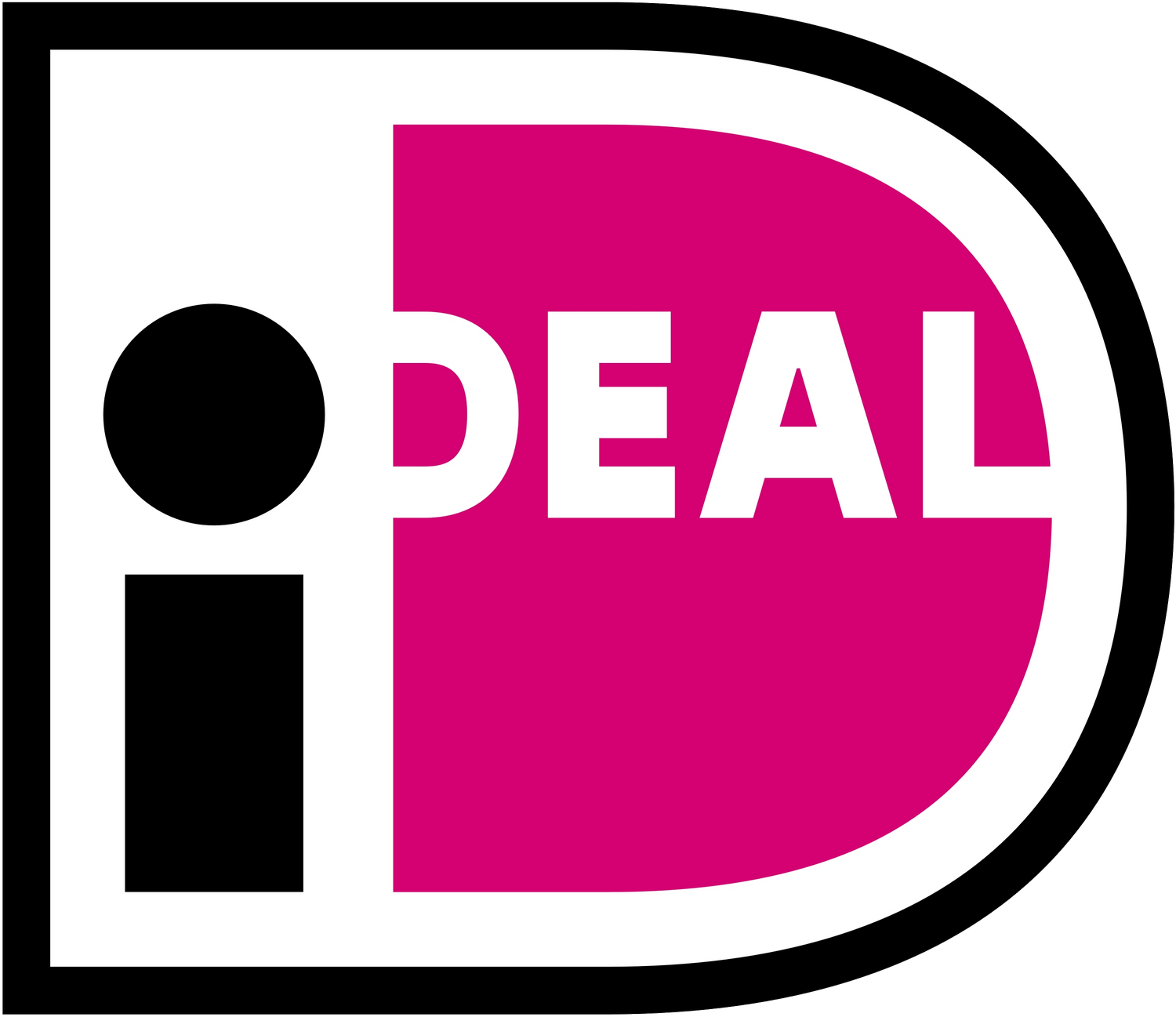Moonah Wear
Moonah Wear manufactures high-quality and eco-friendly yoga wear ethically and sustainably. The brand's yoga wear is also ideal for other sports and leisure activities.
The brand aims to turn the plastic problem in the world's oceans into a solution. Moonah Wear's material is ECONYL® - regenerated nylon. The material is made from used fishing nets, factory scraps, landfill mats, and such.
Moonah Wear's yoga wear is designed in Finland and ethically manufactured in Lithuania. Moonah only uses responsible materials such as ECONYL®, Pure Waste cotton, and GOTS-certified cotton.
The brand has been awarded the Design from Finland label, which can be awarded to a product, product group, or service that strongly represents Finnish design expertise. Products and services bearing the Design from Finland label have been professionally, responsibly, and user-oriented designed in Finland. Companies that have the label are transparent about the production chain and country of origin of their products and services.
A significant part of Moonah Wear's story is small entrepreneurship. The woman-owned brand may be a small name on the global map of the clothing industry, but it has a big heart. When you buy your clothes from Moonah Wear, you get a real person doing a happy dance.
Moonah Wear was founded as a small, sustainable brand created out of passion and dedication. With the textile industry largely outsourcing its production to Asia, Moonah Wear prides itself on its commitment to manufacturing its products responsibly and locally.






